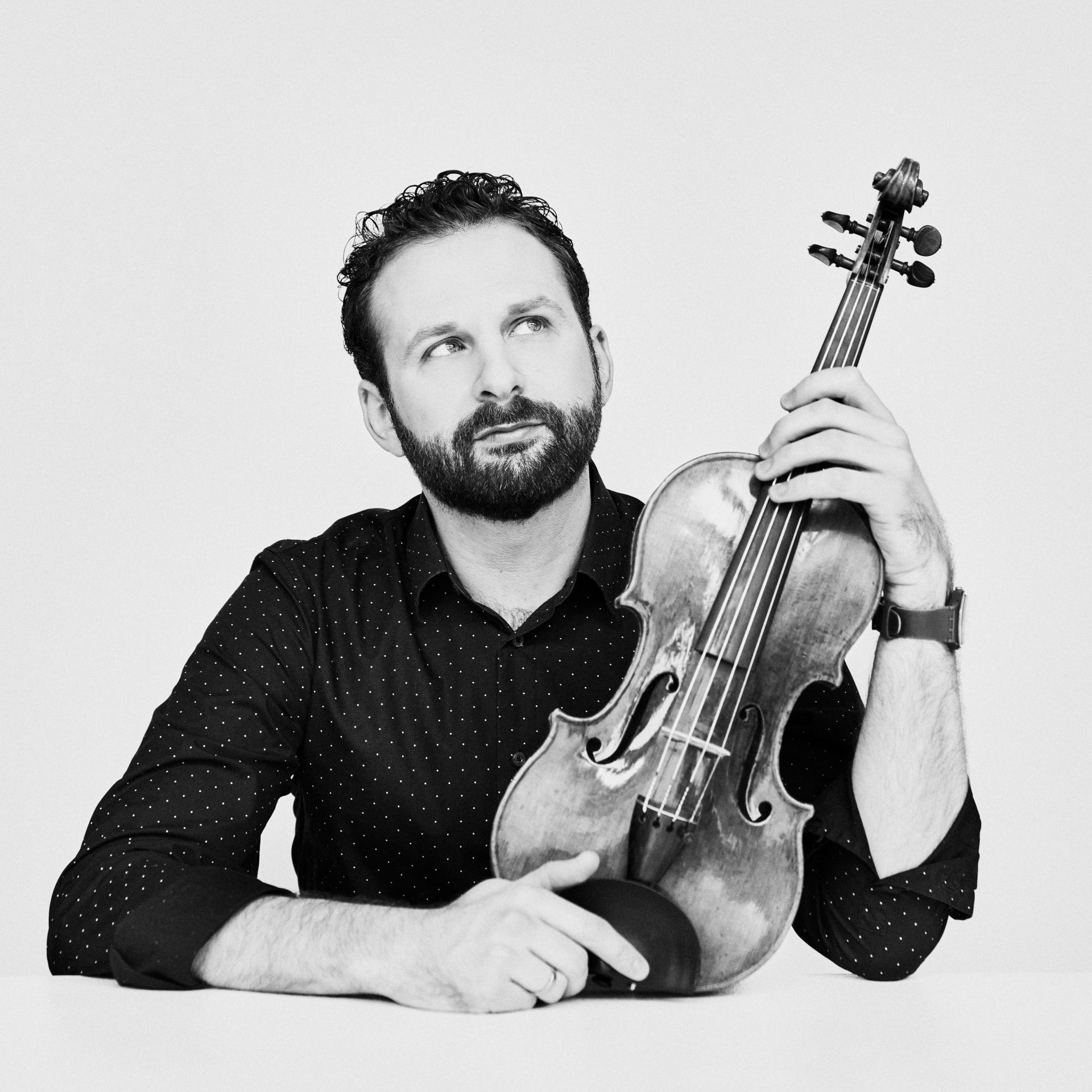For a long time, I’ve wanted to change the status quo in how the music industry is geared towards old music. When performers programme concerts, they like to stay safe and so they turn to the ‘devils’ we all know – the great, but mainly dead, composers. And yet there are so many great living composers. The idea of the foundation is to bring together performers with composers – to help them find each other.
The right partner
Any performer can come to us and say, ‘I’m dying to play something new and I have this composer in mind,’ or ‘I don’t know much about new music, but I want to find out.’ We can go through our database to find the right partner and organise meetings – a lot of it is about chemistry. We will oversee the whole process, from finding and selecting the right composer, to bringing the partners together, to commissioning the composer, to finding dates for the premiere and concerts. That is our ultimate goal. As we’re currently a small operation, we are concentrating on the first phase at the moment – selecting and commissioning. We will act as commissioners, either paying 100 per cent of the composer’s fee, or as underwriters, paying part, splitting it with any festivals or concert series.
The quiet revolution
We also want to make the composition process more public, so we will be active on social media and the internet. We want audiences to see how composers proceed, how they express themselves, what goes through their heads while they’re writing. For many composers the writing period is a private no-go zone, and it might still be for some, but in general they now reflect modern times in being open and transparent.
That has been the quiet revolution for musicians. They used to be hermits sitting in their rooms practising for hours; they still are, but now they have thousands of followers on Twitter. They can be in touch with all these people without leaving their room. Audiences welcome artists showing their personality. We want people to understand what the composers are doing and thinking, and how fascinating it is. We hope to bring them closer to audiences.
The creation of music
Without composers we wouldn’t have any music – they are the creators. It’s easy to forget that. And yet today’s young composers are on the periphery as far as public opinion is concerned. Even the little that is spoken about the arts now is often about orchestras, theatres and education. Hardly anything is said about the one truly creative part – the creation of the music. The avant-garde composers of the last century were fantastic, but they alienated a whole generation of people by not wanting to connect with their audiences and we’re still feeling the pain. There’s a lot of exciting cross-contamination between different traditions and cultures at the moment and I hope that will help to bring audiences back, but it will also take a more creative spirit from everyone, and we hope to foster that spirit through our foundation.
Context is everything
There is so much for performers to learn and enjoy in working with composers. The experience is different every time, depending on their personality – that’s what makes it so beautiful and unique. It’s fascinating to watch them, to feel their music as they do and to live in their sound world. It also teaches one about old music and the classics we play. As classical musicians we like to stick to the text, but when you work with composers you realise how little the written notes actually mean – context is everything.
Initially, we won’t limit ourselves to geographical boundaries, but eventually we will look to more local relationships. It makes things easier, especially in the current situation. My great hope for when we come out of this pandemic is that we have a more regionally oriented cultural life. Just because we can get on an airplane and be in New Zealand within 24 hours playing a concert, doesn’t mean we should do it all the time. Without being isolationist, every country and region should support their homegrown talent. This applies to composers, too. It’s logical to have grass-root movements where orchestras work with composers who live locally.
Substance over style
We don’t believe in competitions, so there won’t be any open calls or contests, but there is an artistic board, which will eventually expand. This will meet twice a year to compare notes and talk about potential composers. Our main criteria for choosing them are their originality, talent and diversity, and they have to be young and not already established. In terms of style, we are keeping our horizons open: the substance of their music is more important, that it contains good ideas and expresses something.
The first five pieces are being written for me, but in the future, we will work with young performers. These first commissions are small ensemble pieces and solo pieces, which take priority as they are flexible and can be performed anywhere, but later we will be open to larger projects.
Living the dream
My dream is that in ten years’ time new music is part of daily life. There’s a piece by a living composer in every programme. Composers hear their works in a big hall every evening. New music isn’t a niche, but something that’s absolutely normal and run of the mill, just as it was a hundred years ago.

